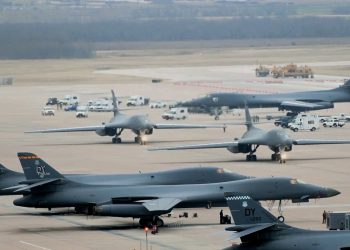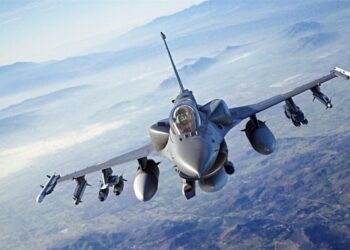Project On Government Oversight (POGO),
A crucial weapons system requirement for the Air Force’s second highest procurement priority, a helicopter replacement program (dubbed CSAR-X) for its combat search and rescue mission, was significantly and inappropriately weakened by Air Force program officials to allow Boeing’s Chinook helicopter to compete. Boeing eventually won the CSAR-X contract, worth an estimated $10-15 billion. POGO’s findings indicate that the acquisition process was subverted, and the needs of the warfighter consequently undermined. As a result, the wrong helicopter for the mission may have been procured, possibly putting at risk the men and women in our armed forces who need to be rescued.
Air Force Special Operations Command (AFSOC) program officials improperly weakened one of the most important requirements in a major search and rescue helicopter contract in order to allow Boeing to compete. In doing so, they subverted the safety of service members to the parochial interests of the Pentagon and Boeing.
The $10-$15 billion contract for a replacement combat search and rescue helicopter (dubbed CSAR-X), which is the Air Force’s second highest procurement priority, has been the focus of two bid protests filed with the Government Accountability Office (GAO). The Air Force is preparing to re-bid parts of the contract for a second time following GAO decisions that confirmed the concerns raised by Boeing’s competitors.
One of the most important requirements for the new helicopters is the amount of time in which they have to be deployed to, and ready to go in, theater. The need for search and rescue during a conflict is inherently sudden and unpredictable, and time is therefore critical to success. Yet, the CSAR-X program office at AFSOC watered down the deployability key performance parameter, sneaking the change in quietly to avoid scrutiny from senior Air Force and Defense Department officials responsible for approving weapons system requirements. The change made vague the allowable maximum time in which a helicopter must be ready to fly missions after being deployed via cargo aircraft.
The circumstances surrounding the change merit further attention from Congress and the Department of Defense Inspector General. While the Project On Government Oversight has no reason to believe there was any illegality or corruption in the process, the system was so subverted, and consequently the needs of the warfighter so undermined, that the IG should investigate the deployability requirement change.
Read Full Report at POGO's website









